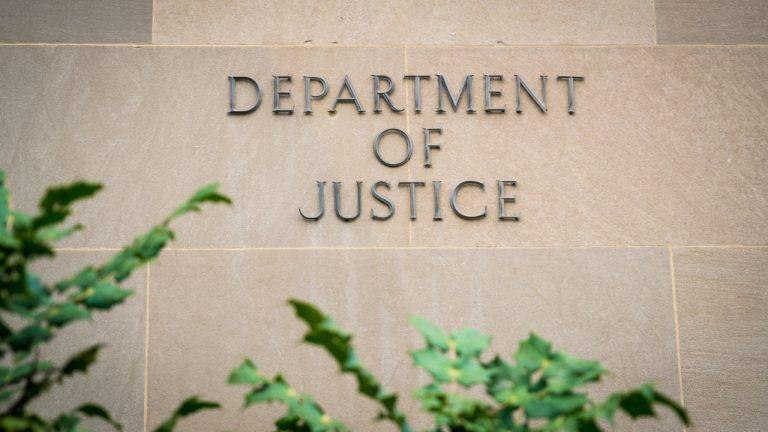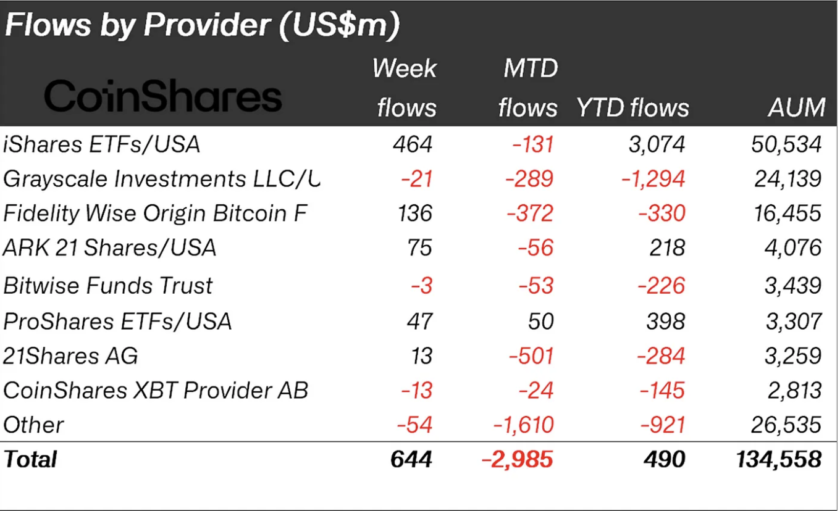Everything is bigger in Texas, but when it comes to crypto-friendly legislation, this doesn’t seem to be the case… just yet. On March 12, 2021, Texas Representative Tan Parker introduced the Uniform Commercial Code, also known as UCC, amendment bill (House Bill 4474) to better adapt commercial law to blockchain innovation and digital asset regulations.
Specifically speaking, the Texas UCC amendment bill aims to recognize virtual currencies under commercial law. Lee Bratcher, president of the Texas Blockchain Council — an organization recently established as a trade association intended to make Texas a leader in national blockchain growth — told Cointelegraph that the Texas Blockchain Council worked closely with Texas legislators to draft this bill, noting that if passed, it would change the business law around the definition of digital currencies and the legal definition of control:
“The Texas Blockchain Council has been working with uniform law commission around the language of the UCC amendment bill, along with other stakeholders to make sure they are all comfortable with the language.”
Texas aims to rank second to Wyoming, but concerns remain
According to Bratcher, HB 4474 is similar to what Wyoming is already doing with its Digital Asset Law, which was passed on Feb. 26, 2019, and put into effect on July 1, 2019. “If the UCC amendment Bill passes, Texas would solidify a leadership position alongside states like Wyoming that have already blazed a trail towards regulatory clarity,” commented Bratcher.
While notable, a few unaddressed challenges remain. Caitlin Long, chief operating officer and founder of Avanti Financial Group — a Wyoming bank formed to serve as a bridge between digital assets and the U.S. dollar payments system — told Cointelegraph that HB 4474 is similar to Wyoming’s law in one respect: It aims to define virtual currencies. Long stated:
“That’s a huge positive, because in most U.S. states, the legal status of Bitcoin is unclear, which means that judges have no roadmap to adjudicate disputes, and parties do not have clarity regarding their rights and obligations.”
Long further noted that if HB 4474 passes, then Texas will join Wyoming as the only U.S. state to clarify this critical area of the law. “Both the Texas and Wyoming laws do so in the right way, which is to recognize control of the virtual currency as the determining factor,” Long remarked.
However, Long pointed out a critical gaping hole in HB 4474. According to Long, the bill does not define how a lender can establish an enforceable lien on a virtual currency. “In the legal parlance, this is called, ‘how to perfect a security interest,’” she commented.
Long explained that she is worried that Bitcoin (BTC) owners will become “mired in a lien mess in the U.S.” because U.S. commercial law doesn’t clarify which liens on Bitcoin are enforceable. This has become even more worrisome for Long, as she pointed out that there has been a huge rise in lending secured by Bitcoin as collateral in recent years:
“I think a lien mess is already building in Bitcoin. Bitcoin owners are at risk of being hit with old, unknown liens on their coins, which they had no way of discovering before purchasing — and the higher the Bitcoin price goes, the greater the financial incentive that lawyers have to pursue such claims.”
Unlike HB 4474, Long noted that the Wyoming law clearly states how lenders can create an enforceable lien on Bitcoin while also providing for the cleansing of dormant liens. Unfortunately, HB 4474 has not done this just yet. Rather, HB 4474 clarifies that an innocent purchaser won’t be subject to such adverse claims, adhering to the “take free” rules.
Although this is the case, Long pointed out yet another concern, further questioning what would happen to valid liens that were in force before HB 4474 potentially becomes a law. “Would Bitcoin lenders no longer have a valid lien in Texas? And will this affect the willingness of Bitcoin lenders to lend to Texas customers?”
Texas remains positive despite concerns
Although some critical concerns remain regarding HB 4474, Bratcher remarked that more guidance will eventually be formed around the UCC amendment bill: “We are working to produce a framework that moves in the same direction of Wyoming, and we will be following up with additional legislation in the future.”
Meanwhile, some Texas-based crypto companies have already expressed excitement for HB 4474. Joseph Kelly, CEO of Unchained Capital — a Bitcoin native financial services company — told Cointelegraph that the firm does a lot of business locally and that having greater clarity around Bitcoin’s treatment under Texas statutes will help his company while encouraging other states to follow suit:
“As Texas and other states pass updates to their UCC that defines Bitcoin and spells out reasonable and commercial methods for perfecting a security interest in Bitcoin, it will help consumers and the industry avoid messy scenarios, lower average interest rates, and bring a greater proliferation of Bitcoin as acceptable collateral.”
The challenges around liens still remain, however. While the solution is still unknown, Long hypothesized that Texas may be taking an approach that explicitly favors institutional lenders at the expense of decentralized finance projects and other peer-to-peer lenders.
“Institutions have a way to perfect their security interests (by treating Bitcoin the same way that securities are treated under commercial law — as IOUs), but individuals and DeFi projects don’t have that option available to them,” Long commented. She further noted that she hopes Texas will be able to fix this in the same way that Wyoming did, as an amendment to the proposed law.
Regardless of the outcome, it’s notable that Texas has been taking measures to catch up to Wyoming in terms of crypto and blockchain regulations. In addition to HB 4474, Bratcher mentioned that three other blockchain bills were also being filed. While Bratcher is aware that these bills do not go as far as Wyoming’s bills, he believes Texas will rank right under Wyoming if Texas’ blockchain legislation passes, adding:
“Texas is the second-largest economy in the United States, and our congressional delegation is 10 times the size of Wyoming. We have much more influence in D.C. We just want to affirm what Wyoming is doing and come alongside them with a big economy and congressional delegation.”




